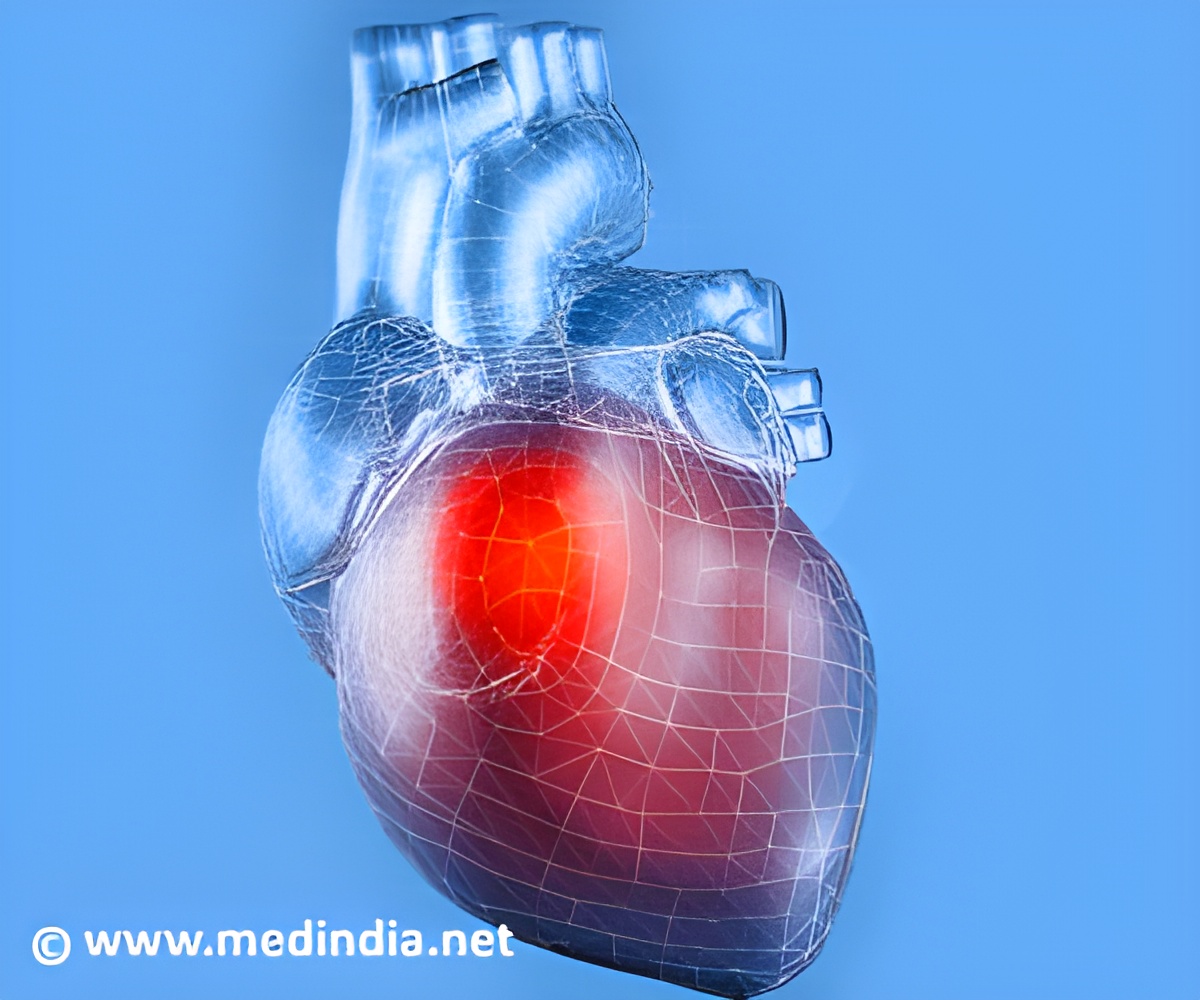New research suggests that giving patients adrenaline after they suffer a cardiac arrest outside of a hospital does not increase their prospects of long-term survival.

The findings were published in the journal Resuscitation.
When a person has a cardiac arrest, his or her heart stops beating. Unless the heart is restarted within minutes, the person usually dies. More than 90 per cent of people who experience a cardiac arrest outside of a hospital will die before reaching a hospital or soon after.
Dr. Lin and his colleagues looked at clinical trials and data involving out-of-hospital cardiac arrests that were published in medical journals up to July 2013 and found that adrenaline showed no benefit in survival to discharge from hospital or neurological outcomes.
"It is thought that the short-term benefit of adrenaline in improving coronary blood flow may occur at the expense of other organs," said Dr. Lin. "The drug can cause small blood vessels in other organs to contract, such as in the gut, liver, and kidneys, thus limiting the blood flow to these organs."
While adrenaline is also given to patients who suffer cardiac arrest in hospitals, Dr. Lin looked only at studies of those outside of a hospital because the cause of cardiac arrest tends to be different between the two settings. Those outside a hospital tend to be related to heart disease and heart attacks. Cardiac arrests in the hospital are usually related to the reasons why a patient would be in the hospital, such as infections or respiratory diseases.
Dr. Lin said that because a standard dose of one milligram of adrenaline showed to be effective in regaining a person's pulse after a cardiac arrest, physicians also questioned what sort of impact a high dose of adrenaline might have.
Dr. Lin said that those in the medical community need to discuss and study whether adrenaline should still be administered during cardiac arrests. He recommends that paramedics focus on early use of defibrillators and effective CPR instead.
"The use of adrenaline has been the standard of care for so long that it's been hard to change the culture," said Dr. Lin. "We have reached a point in time where physicians and paramedics have to change the way we think."
Dr. Lin said about 40,000 Canadians suffer cardiac arrest outside of a hospital every year and that in Toronto, less than 10 per cent survive long enough to be discharged from hospital.
Source-Eurekalert
 MEDINDIA
MEDINDIA




 Email
Email










